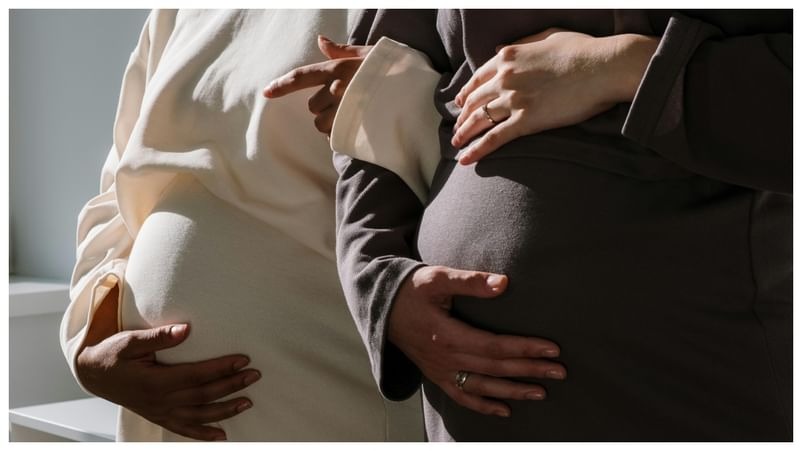
Ectopic Pregnancy: Causes, Symptoms, and Treatment Explained
New Delhi: An ectopic pregnancy occurs when a fertilized egg implants outside the uterus, most commonly in the fallopian tube. In rare cases, it can occur in the ovary, cervix, or abdominal cavity. Since these locations cannot support a growing pregnancy, an ectopic pregnancy is non-viable and can become life-threatening if not treated in time.
Dr. Manasa G V, Associate Consultant in Obstetrics and Gynaecology at Manipal Hospital, Goa, answers some of the most frequently asked questions about ectopic pregnancy, its causes, risk factors, symptoms, and treatment options.
Causes & Risk Factors for Ectopic Pregnancy
Several factors can increase the risk of ectopic pregnancy, including:
Damage to the Fallopian Tubes
A fertilized egg normally travels through the fallopian tube to the uterus. If the tube is damaged, the egg may implant in the wrong location. The most common causes of fallopian tube damage include:
- Pelvic Inflammatory Disease (PID) – Often caused by infections like chlamydia or gonorrhea, leading to scarring.
- Previous Ectopic Pregnancy – Increases the chances of recurrence.
- Fallopian Tube Surgery – Procedures such as tubal blockage removal or tubal ligation reversal can cause scarring, raising the risk.
- Endometriosis – A painful condition where tissue similar to the uterine lining grows outside the uterus, which may affect the fallopian tubes.
Reproductive Treatments & Contraceptives
- In Vitro Fertilization (IVF) – Slightly increases the risk of an ectopic pregnancy.
- Intrauterine Devices (IUDs) – While highly effective as birth control, if pregnancy does occur with an IUD in place, it's more likely to be ectopic.
Lifestyle & Other Risk Factors
- Smoking – Can affect fallopian tube function.
- Maternal Age Over 35 – Increased risk with age.
- Previous Pelvic Surgery – Scar tissue from past surgeries may lead to implantation issues.
Symptoms of Ectopic Pregnancy
Symptoms typically appear between 4 to 12 weeks of pregnancy and may include:
Sharp, one-sided abdominal pain
Vaginal bleeding or spotting
Dizziness or fainting (due to internal bleeding)
Shoulder pain – A rare but serious symptom indicating possible internal bleeding from a ruptured fallopian tube
If you experience any of these symptoms, seek immediate medical attention.
Diagnosis & Treatment Options
Doctors use ultrasound scans and blood tests to measure human chorionic gonadotropin (HCG) levels to confirm an ectopic pregnancy.
Treatment Depends on the Stage of Pregnancy:
Early-stage Ectopic Pregnancy
- Methotrexate Injection – A medication that stops embryo growth, preventing complications.
Advanced Cases or Risk of Rupture
- Laparoscopic Surgery – A minimally invasive procedure to remove the ectopic pregnancy while preserving fertility.
Emergency Cases (Ruptured Tube)
- Emergency Surgery – In severe cases, immediate surgery is required to stop internal bleeding and save the patient's life.
Conclusion: The Importance of Early Detection
An ectopic pregnancy is a life-threatening condition that requires urgent medical attention. While certain risk factors increase the chances of an ectopic pregnancy, many cases occur without any known cause.
Timely diagnosis and treatment are essential for a woman's health and future fertility. If you experience unusual pregnancy symptoms, do not ignore them—seek medical care immediately.

 Desk
Desk Share
Share






